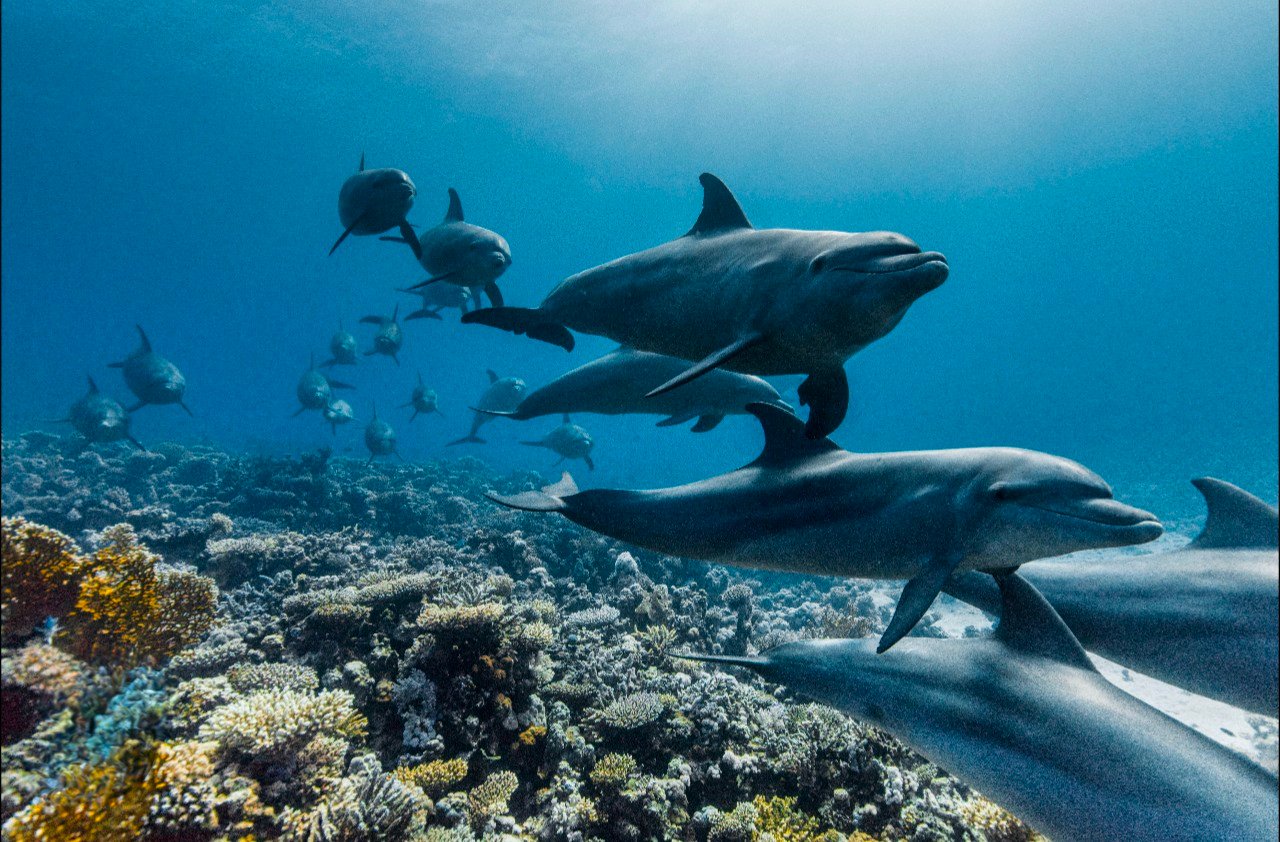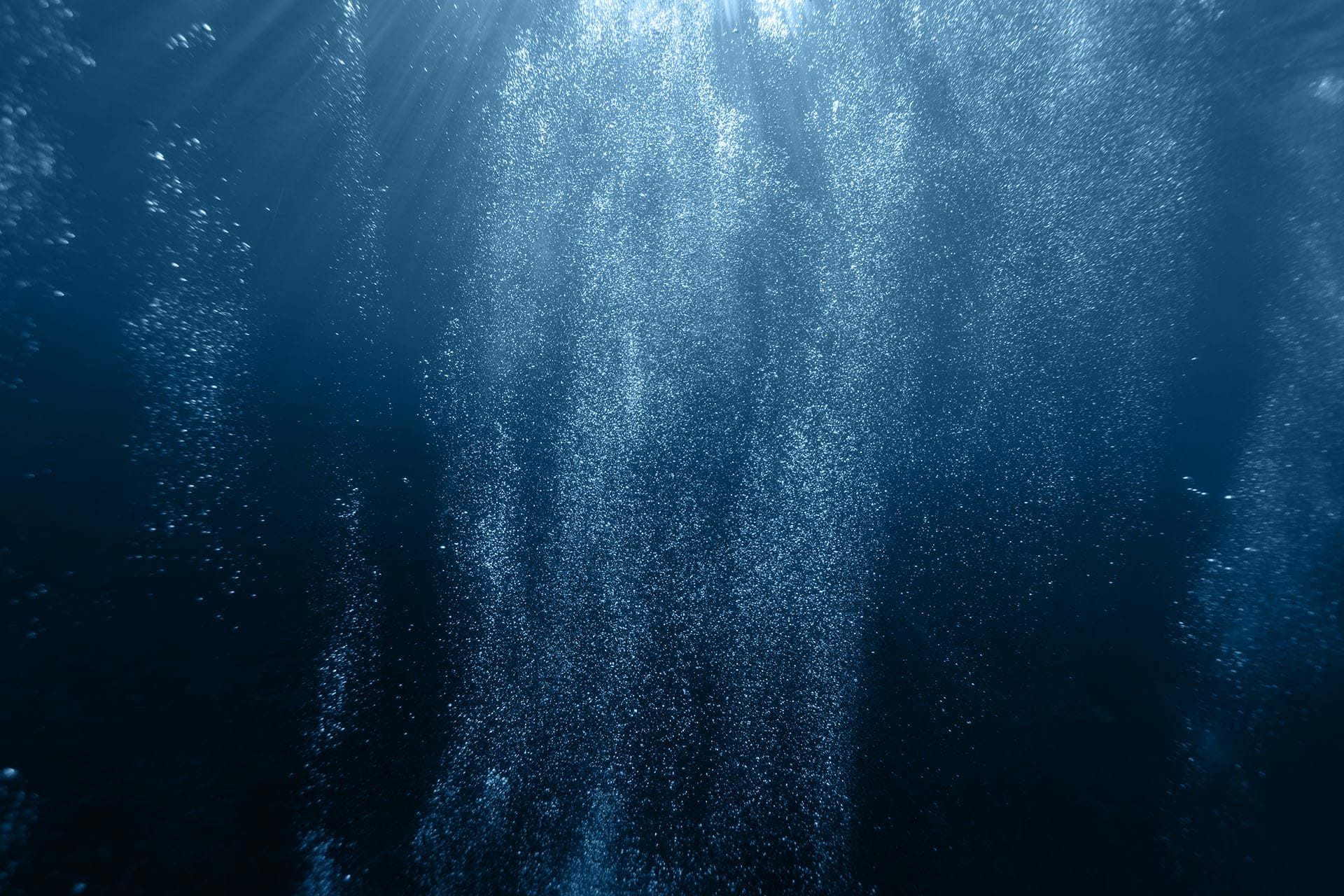
Safeguarding Canada’s Oceans – An Evidence-Based Response to the Recent Dialogue on Oceans Conservation
OTTAWA, ON (June 20, 2025) — As attention turns to marine conservation with the recent online release of David Attenborough’s film Ocean, Fisheries Council of Canada (FCC) members encourage critical thought about the messages that are being presented, and balanced information on these important issues.
Today’s Canadian fishing industry is one of the most highly regulated and sustainable food production systems in the world. Relative to other available protein options, seafood represents a better environmental choice both in terms of impacts on biodiversity and of carbon footprint. Canada’s fishing industry is leading science-based ocean stewardship, particularly in terms of minimizing impacts on habitat and in terms of bycatch.
“The Canadian fishing industry has evolved tremendously over the past few decades,” noted Jason McLinton, President of FCC. “Our members have been at the forefront of this evolution, developing and implementing innovative technologies that minimize environmental impact while economically supporting the coastal communities that depend on these resources.”
FCC member companies consistently rank in the top five in the world in rates of third-party sustainability certifications from the Marine Stewardship Council (MSC). This positions Canadian fisheries among the world’s most sustainably managed – an achievement that reflects decades of investment in science-based management and conservation practices. “Healthy oceans are not just an environmental necessity but the foundation of our members’ livelihoods and Canada’s fishing heritage,” McLinton added.
The robust regulatory framework under which FCC members operate requires a close working relationship and deep collaboration with the Department of Fisheries and Oceans Canada (DFO). FCC members adhere to some of the most stringent protocols regarding fishing gear, locations, and practices. The regulatory system achieves transparency and accountability through comprehensive monitoring systems, including at-sea observers and electronic reporting.
The film and recent articles call for a significant portion of the world’s oceans to be designated as “no-take” marine protected areas (MPAs). MPAs are just one tool in an ocean management toolbox and have shown to be most effective in jurisdictions without otherwise strong management frameworks.
Other types of ocean and fishery management practices have proven to be far more effective. Strong fisheries management has been proven to consistently work to improve fish populations. Sustainability is a function of management, not gear type. Well-managed trawl fisheries use tools like seasonal closures, gear modifications, habitat protections, monitoring systems, and bycatch controls to minimize impacts. The film and recent articles depict fisheries as poorly managed with high bycatch and discards. While challenges exist in global fisheries, the film is not representative of trawling in Canada. Trawling in Canada’s protected areas is not permitted. Also, the Canadian trawling industry is adept at keeping discards to negligible levels. Bycatch is minimized and, when encountered, it is utilized and sold. We do not discard valuable seafood protein.
“FCC members across Canada’s Atlantic, Pacific, and Arctic waters operate with a long-term sustainability top of mind, recognizing that their businesses inherently depend on healthy marine ecosystems,” McLinton concluded. “This commitment extends beyond regulatory compliance, with many companies voluntarily exceeding requirements through industry-led conservation initiatives.”
FCC members are deeply invested in the future of Canada’s oceans and fisheries. They recognize and embrace their responsibility as stewards of these resources, and they remain committed to continuous improvement in how seafood is harvested sustainably for generations to come.
For media inquiries, please contact:
Jason McLinton
President
jmclinton@fisheriescouncil.ca
About FCC
The Fisheries Council of Canada (FCC) is the voice of Canada’s wild capture fish and seafood industry, promoting a healthy resource and prosperous industry playing a vital role in the Canadian economy. Our members include small, medium and larger-sized companies along with Indigenous enterprises that harvest and process fish from Canada’s three oceans. Learn more at fisheriescouncil.ca.

